|
Conquering Mount Everest represents the pinnacle of achievement for many adventurers from around the world. In the past two decades, mountaineering has taken on a increasingly commercial angle - and it's frequently had disastrous, tragic results. Yana Wengel explores the history of human obsession with the iconic peak in the Himalayas. And, in the grisly wake of 11 deaths in 16 days on the mountain, Jonathan Westaway considers what, if anything, can be done to ensure that these and past human remains on Everest are treated with dignity and respect.
|
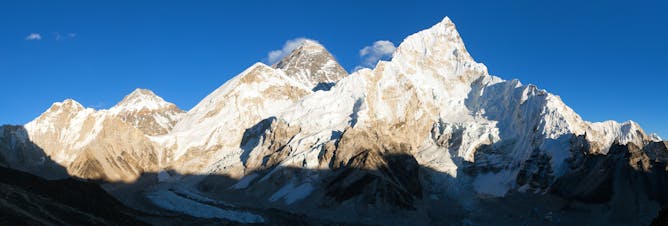
Shutterstock
Yana Wengel, University of Strathclyde
Overcrowding and inexperience is proving a dangerous combination on the world's highest peaks. Is it time to introduce controls on who can climb them?
|
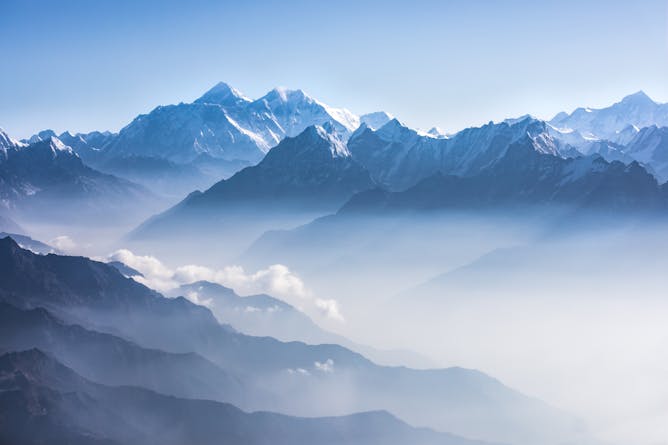
Kertu/Shutterstock
Jonathan Westaway, University of Central Lancashire
Recent deaths and climate breakdown are leaving more and more bodies on Everest. A new way forward is needed to recover the mortal remains of climbers with dignity and respect.
|
Environment + Energy
|
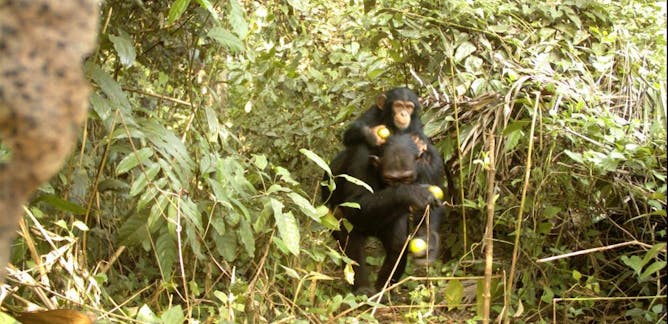
Tatyana Humle, University of Kent; Rosa Garriga, Universitat Autònoma de Barcelona
Studies show that West Africa's critically endangered chimpanzees are finding ways of adapting to their rapidly changing habitat, but they still remain highly at risk.
| |
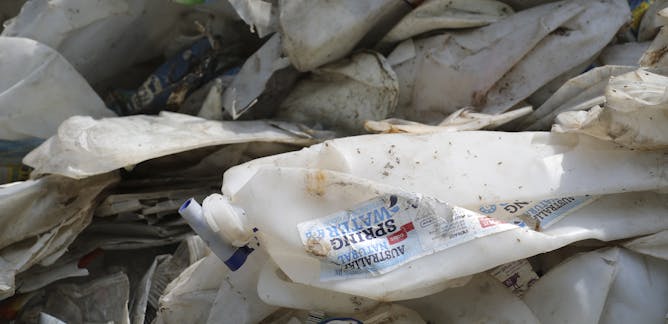
Kate O'Neill, University of California, Berkeley
A year after China stopped accepting most scrap material exports, other Asian countries are following Beijing's lead, forcing wealthy nations to find domestic solutions for managing their wastes.
|
|
|
Politics + Society
|

Keith Rathbone, Macquarie University
For years, women footballers have resorted to everything from strikes to lawsuits to fight for gender equity. Why is it taking so long to close the pay gap?
| |

Christof Heyns, University of Pretoria
In spite of noble promises in their constitutions, many countries have a very restrictive approach to demonstrations.
|
|
|
En français
|
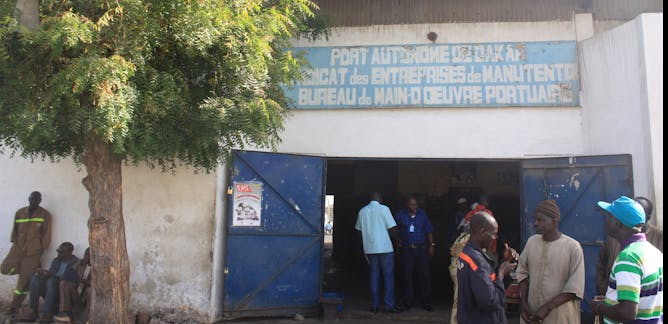
Daniel Castillo Hidalgo, Universidad De Las Palmas de Gran Canaria
L’émergence militaire du Sénégal et l’importance du port de Dakar engendrèrent de nombreuses opérations de manutention des marchandises. Les dockers ont joué un rôle central dans ce processus.
| |
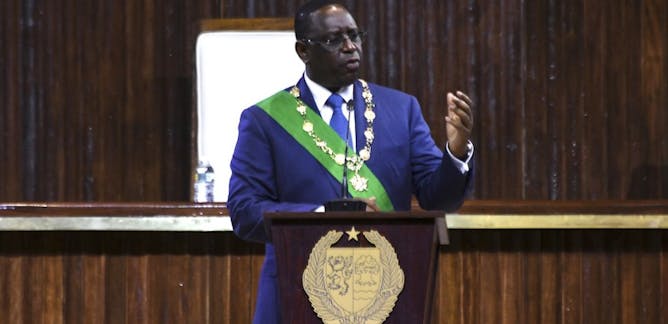
Amy Niang, University of the Witwatersrand; Aboubakr Tandia, Bayreuth International Graduate School of African Studies
Au Sénégal, l’impératif de réinvention des institutions, de consolidation de la séparation des pouvoirs a très rarement commandé les réformes mises en place ces trois dernières décennies.
|
|
|
En español
|
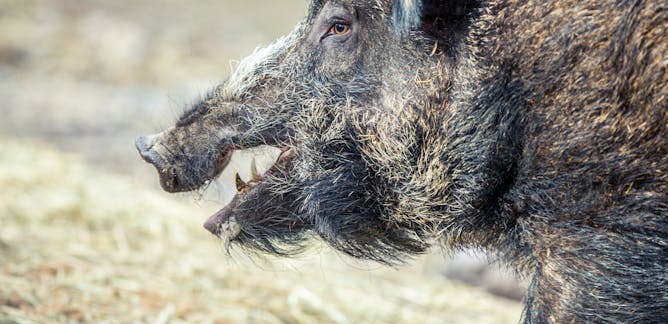
Joaquín Vicente, Universidad de Castilla-La Mancha
Jabalíes que campan a sus anchas en zonas urbanas o epidemias porcinas con graves efectos sanitarios y económicos. Son solo dos ejemplos de la laxa gestión de la fauna, sobre la que han advertido 25 expertos europeos, entre ellos cuatro científicos de la Universidad de Castilla-La Mancha, en un manifiesto publicado en "Science".
| |
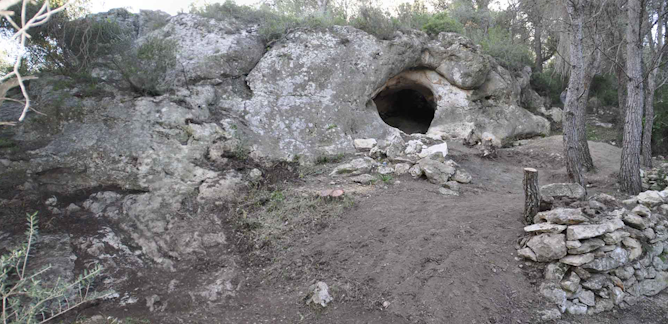
Juan Ignacio Morales, Universitat de Barcelona
Los restos hallados en la excavación de la Cova Foradada de Calafell demostrarían que los neandertales penetraron en la Península Ibérica mucho más de lo que se creía.
|
|
|